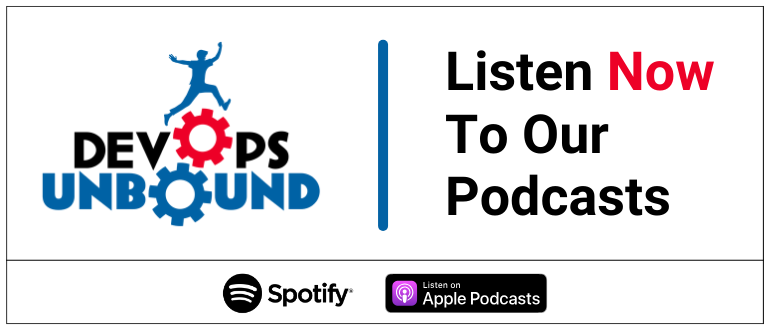
2023-11-29 05:38:45 Author: securityboulevard.com(查看原文) 阅读量:6 收藏
The concept of ‘platformization’ – where leading vendors like Cisco or Palo Alto offer extensive, integrated security platforms – is becoming increasingly common. However, this trend towards platformization also brings to the fore the issue of vendor lock-in. This situation arises when organizations become overly reliant on a single vendor’s ecosystem, impacting their operational flexibility and strategic freedom.
What is Vendor-Lock-In?
Vendor lock-in, a prevalent issue in the tech world, happens when a customer becomes excessively reliant on a single vendor for products and services, making it costly and complex to switch providers. This situation often develops due to a vendor’s proprietary technologies that don’t mesh well with others, forming a barrier to change.
For example, imagine a company using a specialized cloud service for data storage and operations. As the company tailors its operations to this service, it becomes entrenched. When the provider raises prices or alters terms, the company is cornered: either accept the unfavorable changes or face the daunting task of migrating to another provider, a process fraught with challenges like reconfiguring systems and training staff.
Financial Implications: The Hidden Costs of a Single-Vendor Ecosystem
Vendor lock-in, especially in a platformized environment, can have significant financial repercussions:
- Limited Bargaining Power: Committing to a single solution like Palo Alto’s Cortex suite can diminish an organization’s negotiating leverage, potentially leading to higher costs in the long run.
- Expensive Customizations: Adapting these comprehensive platforms to specific organizational needs often requires costly customizations, especially as the business grows and evolves.
- Transition Expenses: Migrating away from a platform-centric vendor can be financially draining, involving not just direct costs of new software but also indirect costs such as retraining staff and system downtimes.
Security Implications: Risks in a Platform-Centric Model
While platformization offers benefits like streamlined operations and integrated solutions, it also poses certain security risks:
- Uniform Vulnerability: Relying on a single platform can lead to uniform vulnerabilities, where a single flaw in the system can compromise the entire security posture.
- Slower Adaptation to New Threats: Organizations locked into a specific platform may find it challenging to quickly adopt newer, potentially more effective security technologies.
- Narrow Security Perspective: A single-vendor approach might limit an organization’s view of the broader threat landscape, potentially missing out on unique insights offered by other security solutions.
SOAR as a Solution in a Platformized Landscape
For security leaders exploring how to avoid vendor-lock-in, vendor-agnostic SOAR (Security Orchestration, Automation, and Response) tools stand out as a sustainable pillar to base your security operations on. These solutions offer:
-
- Integration Versatility: SOAR tools can seamlessly integrate with various security products, including those from platform giants like Cisco and Palo Alto Networks, offering more comprehensive security oversight.
- Cost-Effective Adaptability: They enable organizations to leverage their existing security investments more efficiently, reducing the need for expensive overhauls.
- Adaptable Security Framework: Vendor-agnostic SOAR solutions enable organizations to create a security environment that is adaptable and free from the constraints of single-vendor dependencies.
“The ability to have an open platform that allowed us to incorporate and support hundreds of different security technologies that are in play allowed us to meet the customer where they were at in many of the technology scenarios.” said Stephan Tallent, CRO at High Wire Networks speaking to the benefits of using D3 Smart SOAR in a webinar earlier this year.
Conclusion: Strategic Considerations in a Platformized Cybersecurity Ecosystem
As cybersecurity trends towards a platform-centric model, it’s imperative for organizations to critically assess their vendor relationships. Embracing a vendor-agnostic SOAR approach offers a path to mitigating the financial and security risks associated with vendor lock-in. It enables a balance between enjoying the benefits of platformized solutions and maintaining the flexibility to adapt to changing security and business demands.
Stay tuned for the next blog in this series, where we explore the trade-offs between vendor consolidation and best-in-class solutions.
The post Unpacking the Financial and Security Implications of Vendor Lock-In appeared first on D3 Security.
*** This is a Security Bloggers Network syndicated blog from D3 Security authored by Pierre Noujeim. Read the original post at: https://d3security.com/blog/cybersecurity-vendor-lock-in-risks-soar-solution/
如有侵权请联系:admin#unsafe.sh
